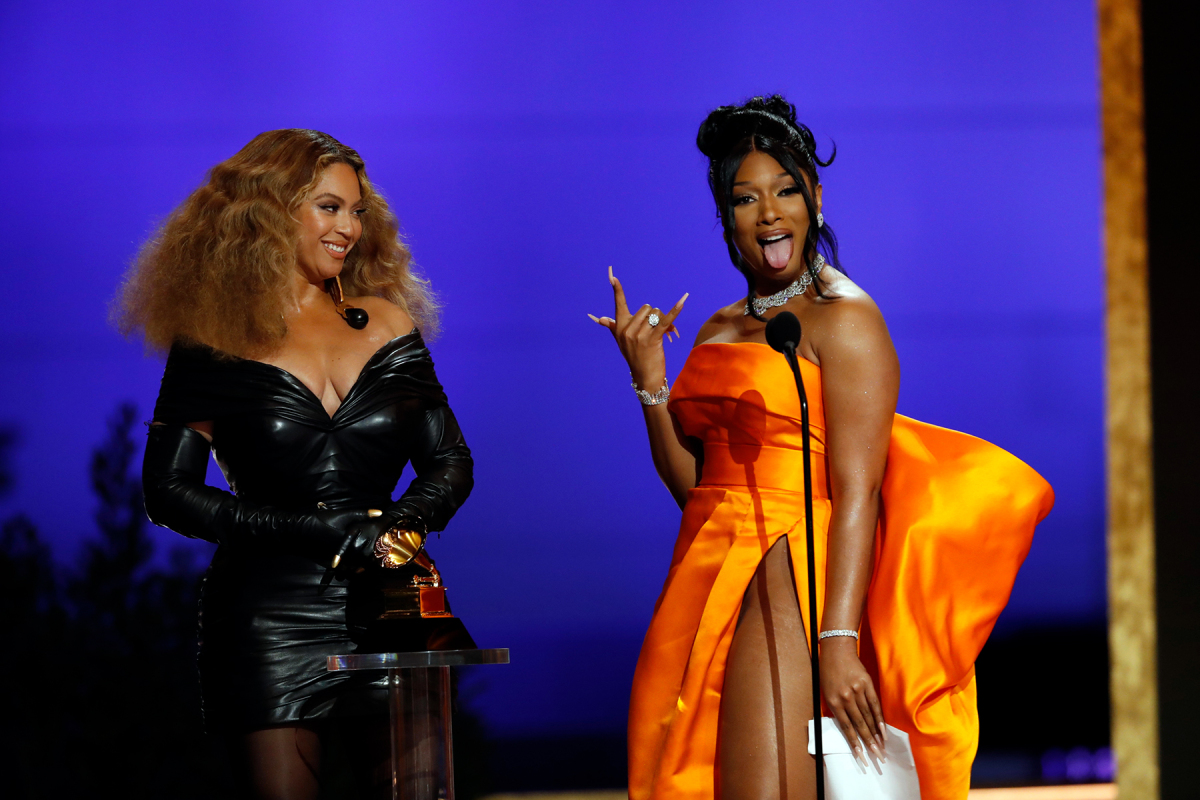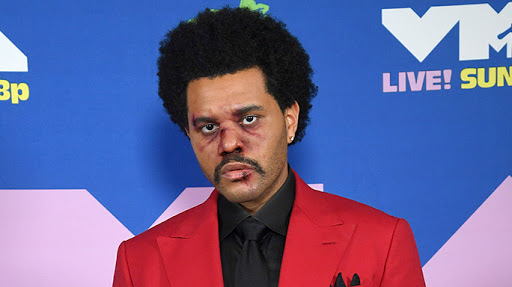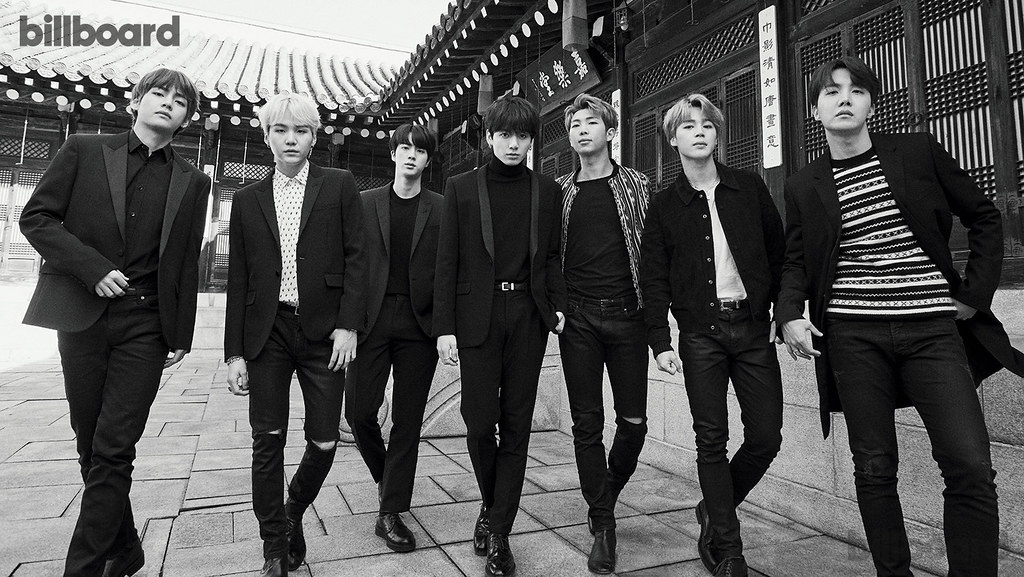
In 2020, award shows were practically non-existent, struggling to be held virtually. The excitement and glamour were all but depleted when fans weren’t in the audience; when a good amount of celebrities didn’t show up; and when the world was facing several crises at once.
The COVID-19 pandemic, Black Lives Matter Movement, and the increase in AAPI hate crimes were pivotal moments of 2020 and raised the standards for safety, representation, and inclusivity throughout the music industry and the world. 2021 brought hope that society could work on diversifying workplaces, politics, and even the music industry. The Grammys were the perfect place to lay the groundwork to show that progress can be made until its organizers refused to adapt to the times and make any significant changes to its voting system, performers, and execution of honoring artists.
The Grammys began to come under fire immediately after the nominations were announced back in November 2020. The Weeknd didn’t receive any nominations for his album After Hours, which reached No. 1 on the Billboard Albums chart during its first week and was the fourth top-selling album of the year. His song “Blinding Lights” also spent over 40 weeks in the top 10 of Billboard’s Hot 100 Chart and has just recently dropped to No. 11.
The Weeknd tweeted on his official Twitter account on November 20, 2020, saying, “The Grammys remain corrupt. You owe me, my fans and the industry transparency…” He continued to say that he would boycott the Grammys until they would stop using “secret committees” to decide who would be nominated.
Earlier in 2020, Recording Academy president and CEO, Deborah Dugan, was fired after criticizing the nomination committees. She explained to “CBS This Morning” the process that was currently underway. She stated, “In that room not only are there trustees that have conflicts of interest on particular artists that are nominated, but, more importantly, there are even artists that are nominated that are in the room… So, for me, that’s just such a blatant conflict of interest.”
Harvey Mason Jr., the new Recording Academy’s president and CEO, told USA Today, “We’re all disappointed when anyone is upset. But I will say that we are constantly evolving. And this year, as in past years, we are going to take a hard look at how to improve our awards process, including the nomination review committees.“
Other artists, such as BTS, were also snubbed of nominations like Album of the Year despite their album Map of the Soul: 7 earning No. 1 on the Billboard Albums chart and being the third top-selling album of 2020. Their song “Dynamite” also reached No. 1 on the Billboard Hot 100 but was not nominated for Best Pop Song either. They were, however, nominated for Best Duo Performance but lost to Ariana Grande and Lady Gaga despite the Grammys over publicizing BTS’s nomination and performance making it seem certain that they would win this award. BTS is the first K-pop act to be nominated for a Grammy and this also seemed like the perfect opportunity to finally give the Grammys a more worldview perspective. It was definitely a missed opportunity.
The actual award ceremony was very performance-heavy, and artists definitely went to show off their talent and stage presence this year. Despite this, there seemed to be too many performances back to back which made the award show seem to drag on. This also led a large chunk of the categories to be announced on the awards show’s red carpet. Artists like Bad Bunny didn’t even get to accept their awards in the actual building because there was simply not enough time for awards and performances. The Grammys are, above all, an award show and it just seemed off-putting that the organizers relied heavily on the performances to bring the ratings in, which didn’t work out since they saw a 53% drop in viewership, according to Nielsen ratings.
The Lifetime Achievement Honorees presentation was also poorly executed and looked like a PowerPoint slideshow that was made in five minutes. Each slide had the name of the artist and a photo but it failed to highlight the career and impact of each artist. Selena Quintanilla was one of the few that were honored with this year’s Lifetime Achievement Award and she was also featured for only three seconds of the presentation despite being one of the most popular and successful Latina artists in history.
This goes hand-in-hand with Beyonce breaking the record for “Most Grammy Wins by an Artist,” after winning Best R&B Performance. Previous to her winning Best R & R&B Performance, she won Best Rap Song for her feature on Megan Thee Stallion’s “Savage.” During the acceptance of the award, Trevor Noah, this year’s host, broke the news to Beyonce that she was tied for the record of “Most Grammy Wins by an Artist.” The Recording Academy knew beforehand that Beyonce would ultimately beat the record and should have instead had a separate announcement of her accomplishment to make room to celebrate both Megan and Beyonce instead of combining it.

Throughout the award show, it was apparent that the organizers diversified their performers, especially with Lil Baby’s performance of “The Bigger Picture” which tackles the topics of police brutality and the experiences Black people in America face. But despite their efforts, there is still so much work that needs to be done. The awards overall missed several opportunities to diversify its winners and nominees yet ended up falling short with predictable and popular artists. It also didn’t give the necessary time and quality to the artists who showed off the diversity of the Grammys. Selena’s tribute should’ve been longer, Beyonce deserved more attention surrounding her “Most Grammy Wins by an Artist,” Bad Bunny deserved to receive his award inside the actual building, and the K-Pop industry as a whole should’ve been recognized more. People want to see more inclusivity and until that happens the Grammys will continue to be less relevant each year.
As for the 2022 Grammys, the Recording Academy has already started to make changes to its voting process by eliminating the “secret committees” and having more transparency between members and the public.
Bill Freimuth, the Academy’s chief awards officer, said in a statement, “As an Academy, we have reaffirmed our commitment to continue to meet the needs of music creators everywhere, and this year’s changes are a timely and positive step forward in the evolution of our voting process.”
They’ve even added two new categories for Best Global Music Performance and Best Música Urbana Album which can expand its global reach but ultimately limit artists to their categories as was seen before with black artists being constrained to R&B and Rap categories.
Only time will tell if their efforts will pay off.



